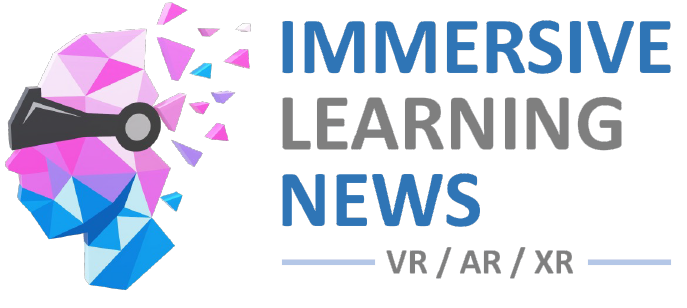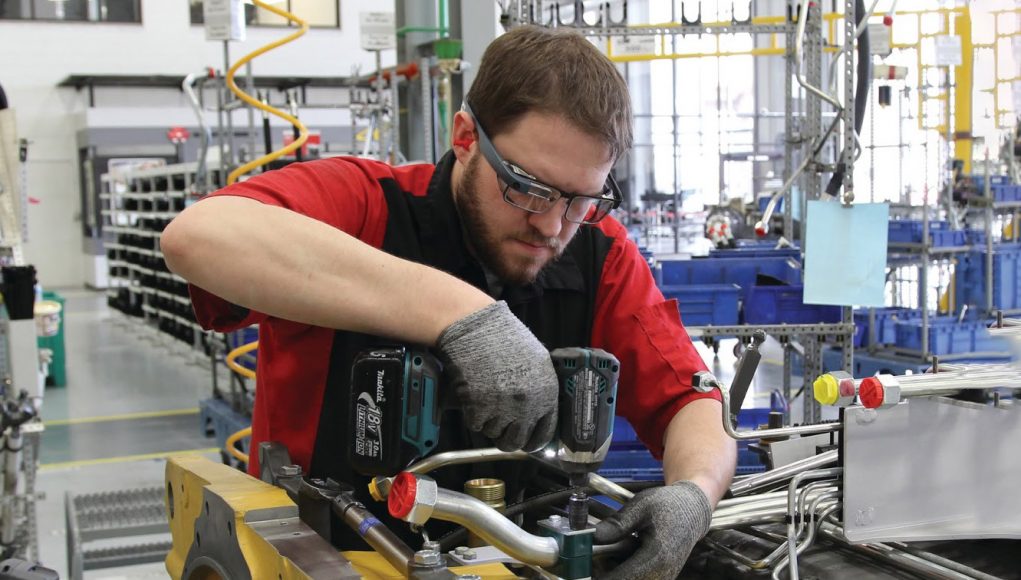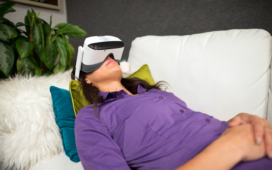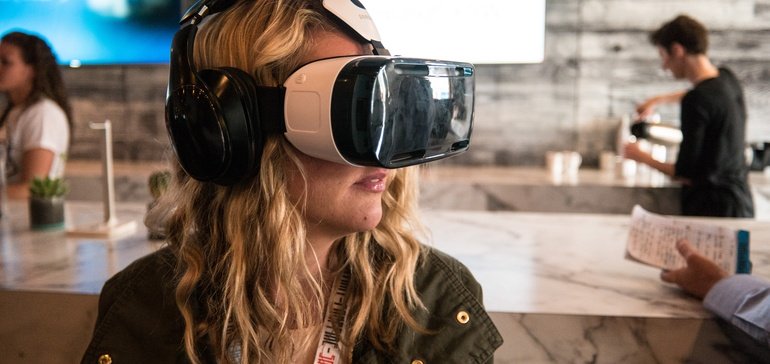Google Glass Enterprise Edition 2, the company’s work-focused version of its iconic but once maligned smartglasses, is being discontinued.
Google says in a device support FAQ that, starting March 15th, it will no longer sell Glass Enterprise 2, adding that it will only support the device until September 15th, 2023.
While the company says it’s not pushing out any more software for Glass Enterprise Edition after that date, however its most recent system images will remain publicly available until at least April 1st, 2024.
Launched in 2017, Google Glass for enterprise was a revival of sorts, as the company had ceased production of the storied device in 2015.

Starting in 2012, the company was hoping to seed the device among prosumers with its Glass Explorer Editions, although public backlash spawned the term “glasshole,” putting a severe dent in Google’s ambitions to launch a more consumer-focused version of the device.
Google hasn’t explained why it’s killing off Glass for enterprise. In response to PC Mag, a Google spokesperson left this comment:
“For years, we’ve been building AR into many Google products and we’ll continue to look at ways to bring new, innovative AR experiences across our product portfolio.”
To be fair, Google probably has bigger fish to fry, and the aging smartglasses platform may well be replaced sooner rather than later. Google said last summer it would be conducting real world tests of its early AR prototypes, emphasizing things like real-time translation and AR turn-by-turn navigation.
There’s also the issue of emerging competition. Apple’s upcoming mixed reality (MR) headset is rumored to arrive sometime in mid-2023, while Meta is prepping multiple generations of its MR Quest headsets.
Granted, these MR headsets probably won’t be the model workhorses, although many companies see MR headsets as a steppingstone in preparation for the sort of all-day AR glasses industry is hoping to commercialize in the near future.
To be clear, Google Glass is a style of smartglass(es) and not an AR device as such; Glass provides a single heads-up display (HUD) that doesn’t place digital imagery naturally in the user’s perceived environment, like with HoloLens 2 or Magic Leap 2, but rather flatly projects the sort of useful information you might also see on a smartwatch. You can learn more about the differences between AR headsets and smartglasses here.
Quelle:




